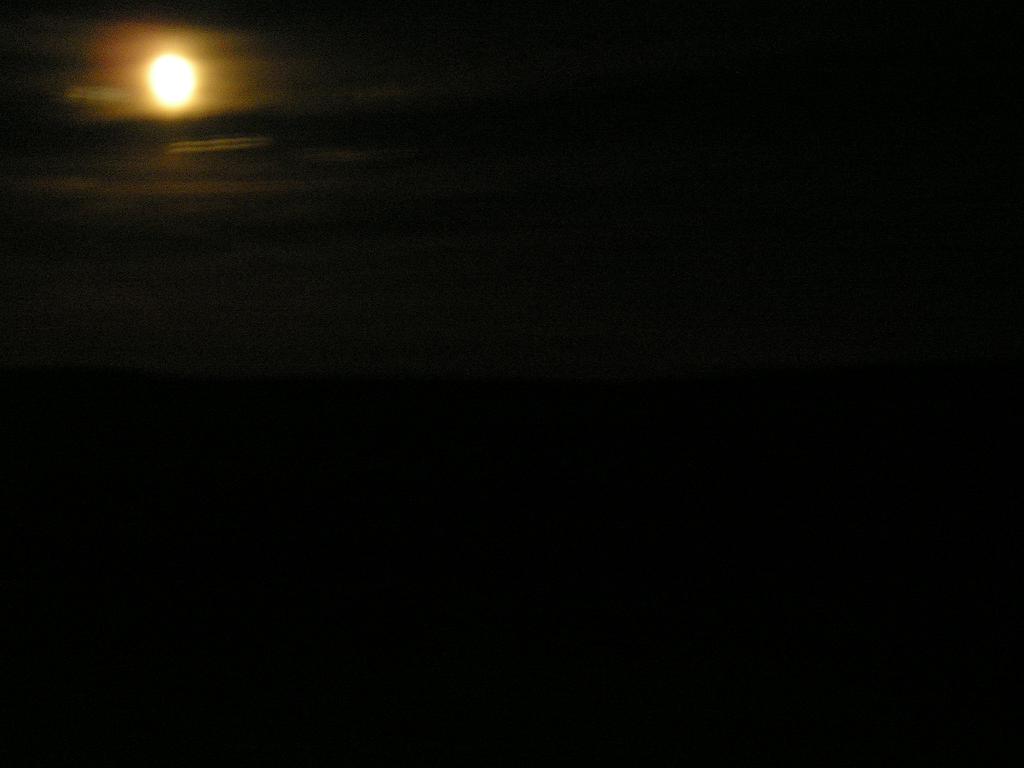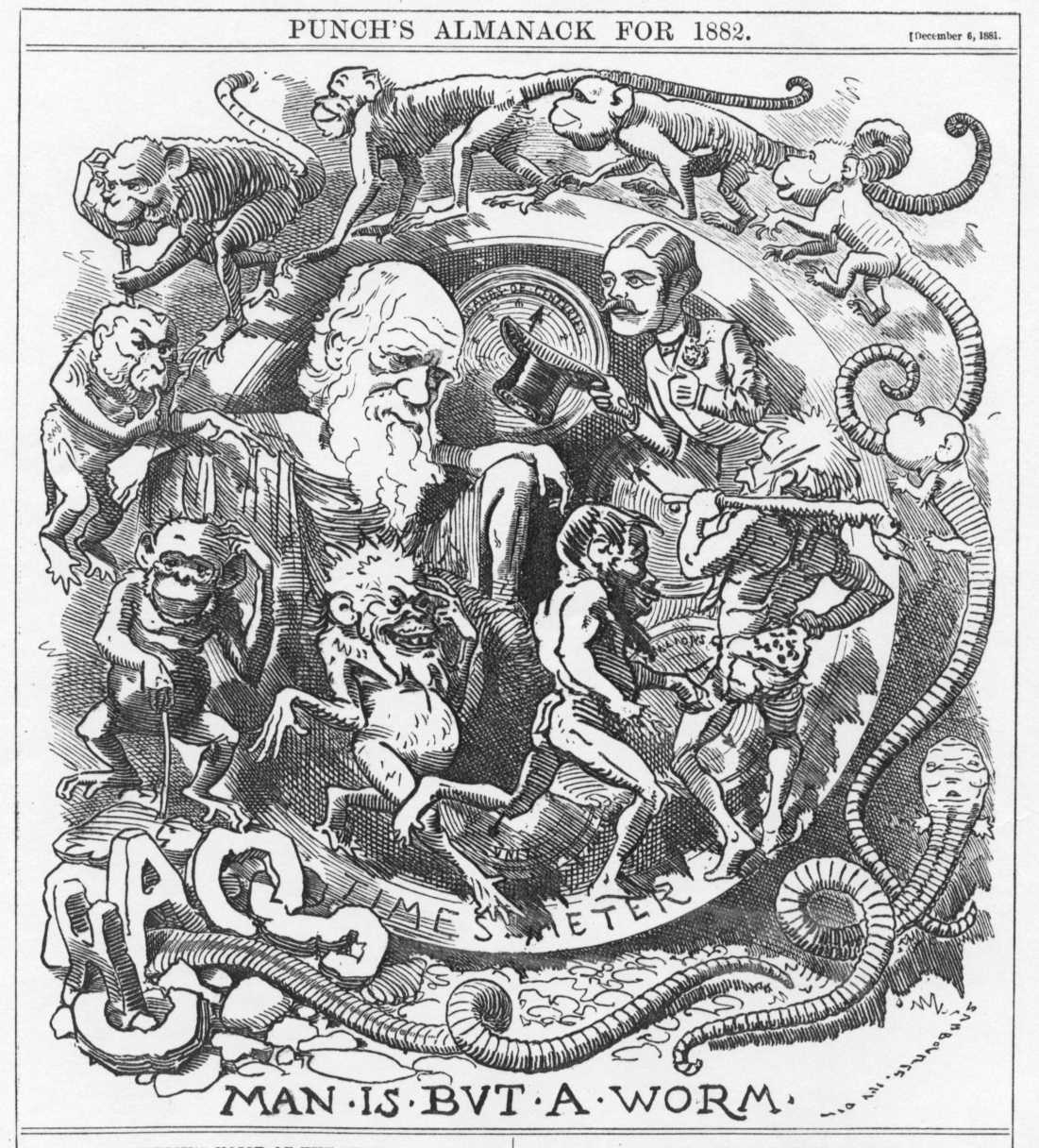 |
||||||
 |
||||||
|
||||||
| Dit topic is 27 pagina's lang: 1 2 3 4 5 6 7 8 9 10 11 12 13 14 15 16 17 18 19 20 21 22 23 24 25 26 27 | ||||
| Auteur: |
|
|||
|
zo ruw zeg signature |
|||||||||
|
Nou, iedereen ontopic dan maar weer? Kleuters. Meer nav het neutrino-gebeuren: Science 2 December 2011: Vol. 334 no. 6060 pp. 1200-1201 DOI: 10.1126/science.334.6060.1200 Superluminal Neutrinos Where Does the Time Go? Adrian Cho One experiment saw neutrinos traveling faster than light. If the result can't be replicated, it may never be explained away. It's got to be wrong. That's the gut reaction of most physicists to the report in September that subatomic particles called neutrinos appear to travel faster than light, a clear violation of Einstein's theory of relativity (Science, 30 September, p. 1809). In fact, the results have spawned a cottage industry as scientists, many of whom are in other fields, try to guess how the 160 physicists working with the OPERA particle detector goofed as they timed the particles zinging 730 kilometers from the European particle physics laboratory, CERN, near Geneva, Switzerland, to OPERA's spot in Italy's Gran Sasso National Laboratory.  From start: … At CERN, physicists use GPS to time the passage of a proton pulse, correcting for the time it takes the GPS signal and the data to reach their computer. "CREDIT: GARVIN GRULLÓN/SCIENCE" Perhaps the OPERA team overlooked some basic effect of relativity itself? Or neglected the fact that Earth turns? Or got the distance the neutrinos travel wrong because they forgot that the accelerator that generates them is 140 meters underground? Not likely, other particle physicists say. “I don't believe there's some sort of gotcha! in the experiment,” says Robert Plunkett of Fermi National Accelerator Laboratory (Fermilab) in Batavia, Illinois, who works on an experiment called MINOS, which measured the speed of neutrinos less precisely in 2007. “These are not dumb folks.” Most particle physicists suspect that the purported speedup of the neutrinos is the product of some error in the experimental setup. But that error is likely subtle and hidden in the details of the measurement, they say. Many suspect the problem may lie in the use of the Global Positioning System (GPS) to synchronize the timing between CERN and Gran Sasso to within nanoseconds. “We may learn something subtle about GPS,” says Robert McKeown of Thomas Jefferson National Accelerator Facility in Newport News, Virginia, who has used the system to synchronize separated cosmic ray detectors. In fact, some GPS experts question whether the OPERA team has done enough to ensure the reliability of their timing system. If there is a mistake, it may remain forever hidden, physicists warn. History is littered with anomalous results that were refuted when subsequent experiments failed to replicate the data, but never explained. Two existing experiments may be able to test the OPERA result. But “if the experiments that are trying to confirm it don't, then it will just linger,” says Burton Richter, a Nobel Prize-winning physicist at SLAC National Accelerator Laboratory in Menlo Park, California. “I don't think that the guys who reported it will track [its origin] down.” Measure a distance, measure a time In principle, the OPERA measurement is simple. Physicists measure the distance from where the neutrinos emerge at CERN to the OPERA detector. They divide the distance by the speed of light—299,792,458 meters per second—to predict how long it should take neutrinos to make the trip. They then measure the particles' actual commute time. In practice, the experiment is tricky. Physicists cannot time an individual neutrino, as it's impossible to detect a neutrino starting its journey without consuming it. So OPERA researchers do something more complicated. To generate neutrinos, CERN blasts protons into a target to produce particles called pions that decay into neutrinos (see figure). OPERA researchers measure the protons as they pass through a beam current transducer and take the transducer's position as the neutrinos' starting line. That's not quite right, as the protons won't spawn the neutrinos for a kilometer. But because the protons and pions move at near-light speed, the assumption introduces minimal error. Researchers record many of the 10.5-microsecond proton pulses, each one starting the clock on a new trial. They add them up to get an average distribution in time of the protons in a pulse. They then measure the time at which they detect each neutrino in Gran Sasso and graph the neutrinos' time distribution. The distribution of the protons in the starting pulse and the distribution of the arrival times of the neutrinos should look alike, only separated by the roughly 2.43 microseconds it takes for the neutrinos to make the trip. To calculate the exact transit time, experimenters mathematically search for the time shift that makes the two distributions coincide. That shift was 60 nanoseconds shorter than it should have been if the neutrinos traveled at light speed. To synchronize the timing system for CERN's neutrino beam with that of the OPERA detector, the researchers rely on high-quality GPS receivers, stabilized with atomic clocks, in both places. The satellite-based GPS provides a “time stamp” for each proton pulse and each neutrino detection, accurate to within 2.3 nanoseconds, they claim. Reading the time stamp is more complicated than glancing at a clock. For example, at CERN, the GPS signal arrives at a receiver at the central control room. It takes 10,085 nanoseconds for the signal to move through cables and electronics to the neutrino beam control room and the computer that digitizes the signal from the beam current transducer. That amount of time must be added to the time stamp. Meanwhile, data from the transducer show up at the computer 580 nanoseconds after they were generated, and that amount of time must be subtracted from the time stamp. Smaller corrections are also necessary. To get them all right, physicists must know the exact lengths of the signal cables and the reaction times of electronic devices. What could possibly go wrong? "CREDIT: GARVIN GRULLON/SCIENCE" There are plenty of reasons to doubt that neutrinos travel faster than light. On 23 February 1987, physicists working with the Super-Kamiokande particle detector in Japan detected a blast of neutrinos that coincided with the flash of light from a supernova 180,000 light-years away. If the neutrinos traveled as fast as the OPERA results imply, they should have arrived 4 years before the light did. Moreover, theorists have predicted that faster-than-light neutrinos would radiate energy and quickly slow down anyway. So most physicists suspect that the OPERA team has made an error. But where? Faced with dozens of preprints second-guessing their work and tired of explaining how they already checked this or that, OPERA experimenters have decided not to respond to press inquiries, says the team's spokesperson, Antonio Ereditato of the University of Bern in Switzerland: “We will let our publications speak for themselves.”  ...To finish. At Gran Sasso, physicists plot the arrival times of the neutrinos relative to the times of the proton pulses at CERN, again correcting for signal delays. "CREDIT: GARVIN GRULLÓN/SCIENCE" Others have their hunches, however. For example, physicists say the OPERA team probably got the distance the neutrinos travel right. Relying on a professional “geodesy” survey, OPERA researchers cite the distance as 731,278.0 meters, give or take 20 centimeters. They would have to be off by 18 meters to explain their results. “Any decent surveyor would walk away and cry if he had such an error,” says Fermilab's Plunkett. The problem may lie in the analysis procedure, physicists have suggested. OPERA researchers assume that the distribution of neutrino arrival times exactly mirrors that of the protons in a pulse. “They're comparing apples and green apples,” says SLAC's Stanley Wojcicki. But if the distributions have different shapes, then fitting one to the other might produce a misleading answer. To rule out that possibility, the OPERA team repeated the experiment with pulses only 3 nanoseconds wide—so brief that if neutrinos arrived 60 nanoseconds early, the observed pulse and predicted pulse wouldn't overlap on a graph. OPERA researchers could then simply use a ruler to measure the time between them. The 20 neutrinos they observed still arrived 62 nanoseconds early, as they reported in a 17 November update to their paper, which they have submitted to the Journal of High Energy Physics. The stability of the GPS system may be a problem, says Chang Kee Jung of Stony Brook University in New York, who works on an experiment known as T2K, which studies neutrinos fired 295 kilometers from the Japan Proton Accelerator Research Complex in Tokai to Super-Kamiokande. “In our experience at T2K, even though the GPS systems are advertised as stable, typically they jump” by as much as 100 nanoseconds, Jung says. To keep GPS receivers hundreds of kilometers apart synchronized to within a few nanoseconds, the OPERA team should have recalibrated them at least once a month, says Victor Zhang, an electrical engineer at the U.S. National Institute of Standards and Technology in Boulder, Colorado. In fact, he says, OPERA appears to have calibrated them only in May 2008 and July 2011. “We don't have any data to support that [the synchronization] doesn't change by more than a few nanoseconds over 3 years,” Zhang says. An unstable GPS link would more likely produce random timing variations instead of a steady 60-nanosecond shift. Still, the poor calibration weakens the result, Zhang says. Finally, physicists say, the OPERA team may have been led astray by a simple mistake, such as an incorrectly measured cable or a bug in its software. “Somebody could be dyslexic, so 28 nanoseconds gets written down as 82 nanoseconds,” Jung says. It's far more likely that OPERA researchers will get bitten by such “human error” than that they overlooked some basic point of physics, he says. “Human error is probably the hardest to find,” Jung says. Somebody else give it a try Given the complexities, physicists say outsiders have no hope of divining where the 60 nanoseconds went in the OPERA experiment. “Unless you're there looking over their shoulder when they do the measurement, it's impossible to tell,” says Wojcicki. So the only real test is to try to reproduce the result in another experiment, he says. As a member of the MINOS team, Wojcicki is working on that right now. He and his colleagues shoot neutrinos 735 kilometers from Fermilab to a detector in the Soudan mine in Minnesota. MINOS researchers hope to have a result that can test OPERA's result early next year. Researchers with T2K may also try to reproduce the result. Because T2K's neutrinos fly less than half as far as OPERA's, however, their timing must be twice as precise to get an equally reliable result. If other experiments rule out the tantalizing result, physicists might never figure out what's going on. That's happened before. In 1985, for example, John Simpson of the University of Guelph in Canada reported that decaying tritium occasionally appeared to emit neutrinos thousands of times as heavy as neutrinos are now known to be. Multiple experiments also saw the particle; others did not. Eventually, Stuart Freedman of the University of California, Berkeley, traced most of the sightings to a peculiarity of the spectrometers used in those experiments. But Freedman's analysis didn't explain Simpson's first result, which was made with a different type of device, says Nathaniel Tagg of Otterbein University in Westerville, Ohio, who was later a student of Simpson's and spearheaded the previous MINOS measurement of neutrino speed. Tagg says he doesn't expect clarity on the OPERA result, either: “I wouldn't be surprised if the initial OPERA result stands and is never explained.” I wish I was a butterfly |
|||||||||
|
Wil je a.u.b. even in een zin in het Nederlands de hoofdgedachte van dit artikel aangeven? Engels, en zeker dit soort Engels, lezen kost me onmundig veel tijd. Het radicale feminisme is niet eens een lachnummer meer: het is een karikatuur van een parodie op een klucht. |
|||||||||
|
Dat er een reële kans is dat de meting fout was, maar dat men nooit gaat kunnen aantonen dat dat inderdaad het geval was. [Dit bericht is gewijzigd door Ascendant Grotesque op 05-12-2011 14:41] I wish I was a butterfly |
|||||||||
|
quote:Ah ok. Dus er is ook een reële kans dat al deze metingen en 'bewijzen' niet meer zijn dan een storm in een glas water? Het radicale feminisme is niet eens een lachnummer meer: het is een karikatuur van een parodie op een klucht. |
|||||||||
|
quote: Dat heeft inderdaad een reële (oeps) kans. Daarom heeft men bij CERN juist nog niet gezegd dat het een bewijs is, of dat ze zeker weten dat het klopt, maar om inspraak van de rest van de wetenschappelijke wereld gevraagd edit: voor de duidelijkheid, wat ik bedoelde was: er is een reële kans dat hoewél de meting fout is, men niet gaat kunnen aantonen dat en waarom dat zo is. [Dit bericht is gewijzigd door Ascendant Grotesque op 05-12-2011 14:43] I wish I was a butterfly |
|||||||||
|
Ja precies. Ik heb hem door. Dank voor deze verlichting, o AG. Het radicale feminisme is niet eens een lachnummer meer: het is een karikatuur van een parodie op een klucht. |
|||||||||
|
Geen probleem, o bastianus. I wish I was a butterfly |
|||||||||
|
Gewoon een grotere CERN bouwen. She went and she left me like litter. She took all future summers with her. I lost all my money cuz I tried to bribe her. Now I can only afford an amateur sniper. |
|||||||||
|
vet! WASHINGTON - De ruimtetelescoop Kepler heeft maandag bevestigd dat hij een planeet heeft ontdekt op een 'bewoonbare' plek buiten ons zonnestelsel. Dat meldde de Amerikaanse ruimtevaartorganisatie NASA maandag. Franse wetenschappers bevestigden dit jaar dat ze de allereerste 'exoplaneet' hadden gevonden die zich op een plek bevindt die voldoet aan de belangrijkste eisen voor leven. Kepler 22b, die voor het eerst in 2009 werd gezien, is echter de eerste planeet die de Amerikaanse organisatie kan bevestigen. Kepler 22b staat op de 'juiste' afstand van de ster waar hij omheen draait. Daardoor is op de planeet mogelijk water aanwezig en zijn atmosfeer en temperatuur wellicht geschikt voor leven. Of de planeet ook echt die voorwaarden voor leven herbergt, blijft echter de vraag. Het hemellichaam is zo'n 600 lichtjaar verwijderd van de aarde en is ruim 2 keer zo groot als onze planeet. In zijn zoektocht kijkt de Kepler-ruimtetelescoop naar ongeveer een kwart procent van de sterrenhemel. In dat minieme gebied heeft de Kepler sinds 2009 al meer dan 1200 planeten gezien. |
|||||||||
|
Hoorde dit vanmorgen ook op het nieuws, benieuwd naar verder onderzoek! |
|||||||||
|
Wat een geldverspilling is die zoektocht naar buitenaards leven toch ook. Als er leven mogelijk is zijn 2 mogelijkheden: 1. Er wonen figuren die slimmer zijn dan wij en dan vinden ze ons toch wel eerder. 2. Er wonen figuren die dommer zijn dan ons wij en dan wil ik er geen fuck mee te maken hebben. ... hoe de hazen lopen ... |
|||||||||
|
600 lichtjaar afstand. De kans dat je ze gaat ontmoeten schat ik sowieso vrij klein, Failbunny. Complete tokkie die lijdt aan zware zelfoverschatting. |
|||||||||
|
Of hun metro moet sneller dan t licht danwel door wormgaten kunnen. When your people matter, menstrual health matters |
|||||||||
|
Of hun treinen rijden wel op tijd..... Nieuwe spellin, aude spelling, coronaspelling.... |
|||||||||
|
quote: Ik ben het niet met je eens. Als er ergesn anders leven word gevonden kan dat een enorme stimulans voor de ruimtevaart zijn. Ik denk zelf dat, wil de mens zich blijven ontwikkelen, ruimtevaart een essentieel iets is. Verder is kennis vergaren nooit nutteloos. Wellicht is er nu niet een direct "economisch nut" maar dat kom mogelijk nog |
|||||||||
|
quote:Ja Theo www.progpower.com "Ik woon zelf buitenaf maar van mensen uit plaatsen waar wel Moslims wonen proef je de angst. Sommigen durven geen karbonade of schnitzel op de BBQ te gooien uit angst voor ruzies." |
|||||||||
|
quote: kijk jij snapt hem tenminste ... hoe de hazen lopen ... |
|||||||||
|
Van mij mogen ze nog even wegblijven. Ik heb het al moeilijk genoeg met vrouwen. "I love deadlines. I like the whooshing sound they make as they fly by." -- Retribution ( http://www.retribution.nl/ http://www.facebook.com/retributionmetal ) -- The Assault ( http://www.facebook.com/ourotherrideisyourmomma ) |
|||||||||
|
quote: Misschien is er wel ergens een planeet waar ze eruit zien als vrouwen maar denken als mannen ... hoe de hazen lopen ... |
|||||||||
|
quote: In jou geval geld alleen 1 Het gaat erom dat we uiteindelijk willen weten of het mogelijk is dat er ander leven is omdat het zoveel verteld over onze oorsprong van leven. Bovendien is 1 een behoorlijk non argument. Misschien zijn dolfijnen wel slimmer als ons, voorlopig zijn wij niet zo slim om het te meten. Vervolgens kunnen zij maar weinig bouwen met die zwemflappen. ♂ <o((((>< <o((((>< <o((((>< ♀<o(((>< <o(((>< |
|||||||||
|
quote: In ieder geval slimmer dan jij. Tis namelijk dan wij (zijn). ... hoe de hazen lopen ... |
|||||||||
|
Ook al was Theo grappig met die beredenering, ruimtevaart is nuttig zodat we van deze planeet wegkunnen zodra we het hier voor onszelf onleefbaar hebben gemaakt. The quality of our perceptions determines the quality of our judgement. Our judgement determines how we interact with the world. How we interact with the world changes the world. So, the quality of our perceptions changes the world. |
|||||||||
|
quote:Arthur C. Clarke Dear dirty delightful old drunken old days |
|||||||||
| Dit topic is 27 pagina's lang: 1 2 3 4 5 6 7 8 9 10 11 12 13 14 15 16 17 18 19 20 21 22 23 24 25 26 27 |
| Index / Nieuws, actualiteit en media |
http://www.zwaremetalen.com
Powered by ZwareMetalen [PHP] Forum Versie 2.15.0
Optimized for Internet Explorer 6.0 SP2+ / Opera 8+ / Firefox 1+
© 2001 - 2024 Stichting ZwareMetalen
Powered by ZwareMetalen [PHP] Forum Versie 2.15.0
Optimized for Internet Explorer 6.0 SP2+ / Opera 8+ / Firefox 1+
© 2001 - 2024 Stichting ZwareMetalen













